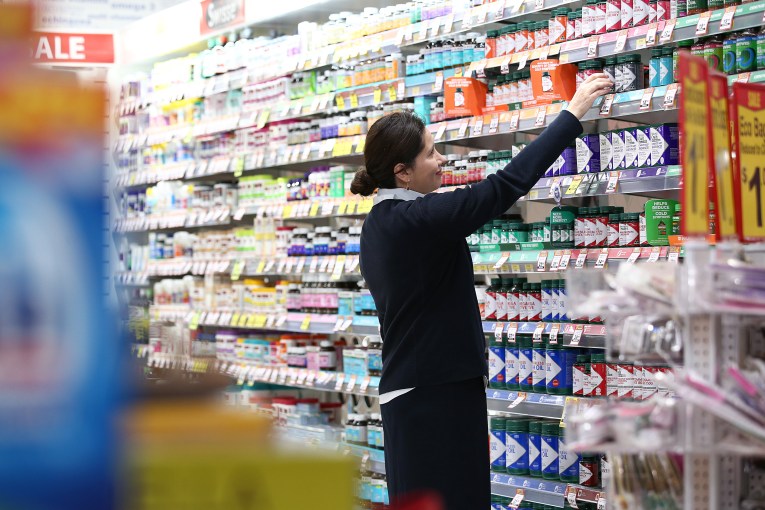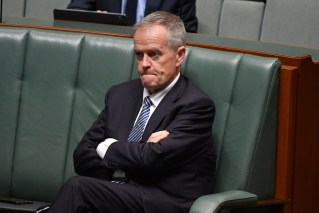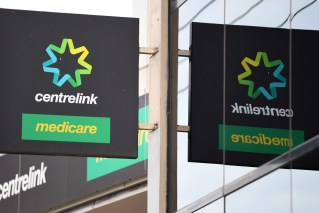September cliff may spell the end for 240,000 businesses: Deloitte
Deloitte Access Economics estimates about 240,000 businesses in the hospitality, professional services, and transport industries, in particular, are at high risk of failure when Government job subsidies end in September.


As many as 240,000 businesses may collapse in the September "cliff". (AAP)
That’s almost 10 per cent of all Australian businesses, according to Deloitte Access Economics’ partner Kristian Kolding.
Changes to the JobKeeper scheme will be announced in this week’s financial statement and it is expected payments will be reduced from $1500 a fortnight to $1000. Rental and loan repayment deferrals are also scheduled to end in September.
“With Australian businesses fighting for survival, and alongside COVID-19 developments in Victoria, the September ‘fiscal cliff’ presents an existential threat to possibly hundreds of thousands,” Kolding said.
“This will put enormous pressure on the viability of many businesses, and the economy as a whole.
“Key questions for policy-makers, lenders, insurers, suppliers and utility providers who rely on the business-to-business market will be: how many clients might close down? And when?”
He said about 40 per cent of businesses across hospitality, professional services, and transport had indicated their cash reserves would cover fewer than three months of operations in the current environment.
“While it’s expected the business environment will improve over the next three months as restrictions are eased (but don’t forget Melbourne), it’s not known whether any improvement will be enough to enable businesses to recover, let alone survive, without JobKeeper support,” he said.
“Within sectors, it appears smaller businesses, with their higher fixed costs, smaller cash reserves and barriers to lending, will find it more difficult to survive.
“The ABS Business Indicators survey published on 24 June observed that nearly 30 of small per cent businesses have cash on hand to support operations for less than three months.
“Some parts of Australia are likely to face higher risks than others. There are two reasons for this – the degree to which restrictions have hurt economic activity, and the state or territory’s exposure to high-risk sectors.
“Unsurprisingly, this doesn’t bode well for Victoria, where the latest outbreaks have led to increased restrictions. Already one of the states with the highest proportion of businesses claiming JobKeeper, along with New South Wales, this new round of restrictions is likely to create further problems.”












